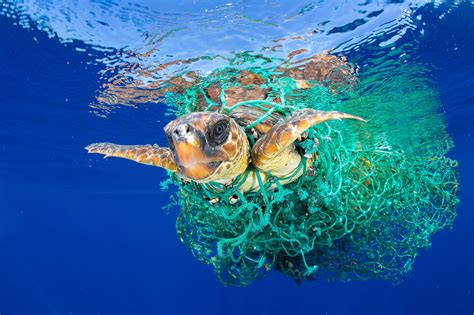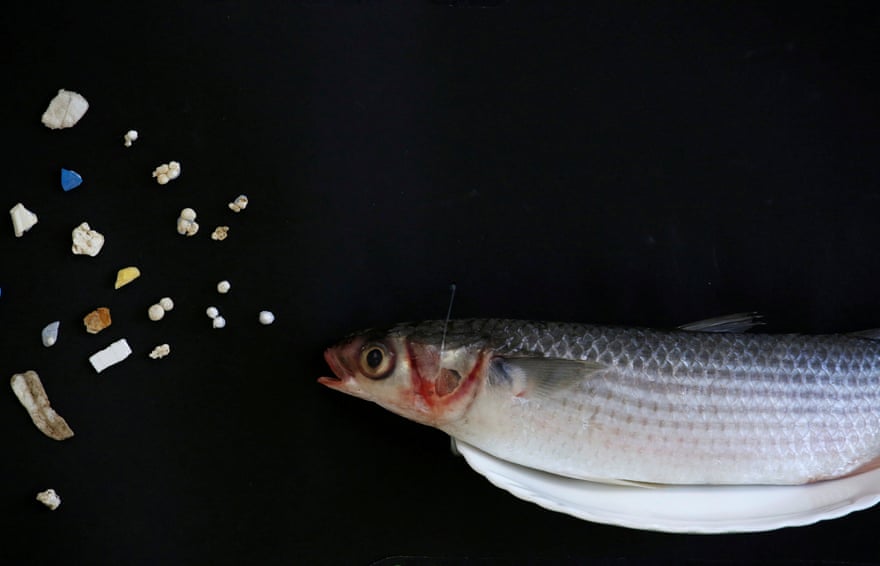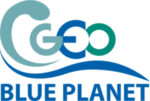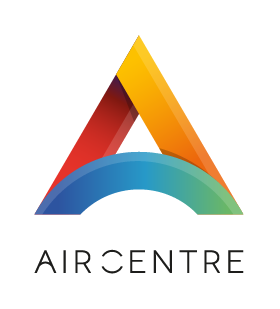Goals and Scope
The November 2018 workshop on “Technologies for Observing and Monitoring Plastics in the Oceans” focused on technology initiatives able to address the mounting global marine debris with particular focus on plastics in the ocean. A main challenge addressed was the development of a methodology for monitoring marine debris indictors, in particular the Indicator 14.1.1 “Index of coastal eutrophication and floating plastic debris density” of SDG 14 “Conserve and sustainably use the oceans, seas and marine resources for sustainable development.” The major outcome of this workshop was a set of activities and goals for six months, two years and 5 years, which provided an initial road map (see Garello et al., 2019).
The December 2019 workshop on “Marine Debris Indicators: What's Next” brought together experts on observations and monitoring of marine debris and plastic with decision and policy makers in need of comprehensive information on this challenge. A main goal was to converge towards common best practices and potential standards. With relevant stakeholders present, the workshop fostered a collaborative network to ensure that evidence-based decision and policymaking are possible. The workshop explored the potential for a platform linking the data to actions and develop an implementation strategy for observing networks and modeling platforms to support conjointly the different efforts to address the global challenge of marine debris. The draft road map compiled in 2018 was augmented with more detailed six-months activities and a case study on “Reducing Plastics in the Ocean within a Growing Global Economy: Understanding the Information Needs to Support Interventions” was initiated. This case study would prepare the current workshop.
The Third Workshop on Marine Debris Indicators builds on the previous two workshops. It will summarize the outcomes of the case study and progress the case study with the goal of having a comprehensive overview of the information needed to inform action on marine debris, both in terms of reducing the flows of debris into the ocean, monitoring the amount and trajectory of debris in the ocean, and assessing the impacts of the debris on the marine biosphere and feedbacks into the humansphere. The status of implementation of the Integrated Marine Debris Observing System (IMDOS) will be reviewed and developments of means to link information to action will be discussed.
 See more pictures of plastics pollution here ... |  Participation
The workshop will bring together a broad range of stakeholders from the Earth observation communities, research communities assessing the intermediate and longterm impacts of marine debris, United Nations and national agencies engaged in progress towards SDG 14, businesses that are aiming to tackle various aspects of the problem of marine debris, as well as, experts working at the interfaces between these communities with the goal to ensure that useable knowledge required for policy making and planning of action to address the challenge of marine debris is created and well linked to the decision makers.
Workshop Outcomes
The main outcomes of the workshop will be a white paper summarizing the knowledge needs and discuss steps towards meeting these knowledge needs. This white paper will be a valuable input for the earth observation communities engaged in implementing IMDOS and communities working on means to link data and knowledge to actions.
Additionally, a workshop report will document the workshop proceeds and report on the development of the road map.
|




